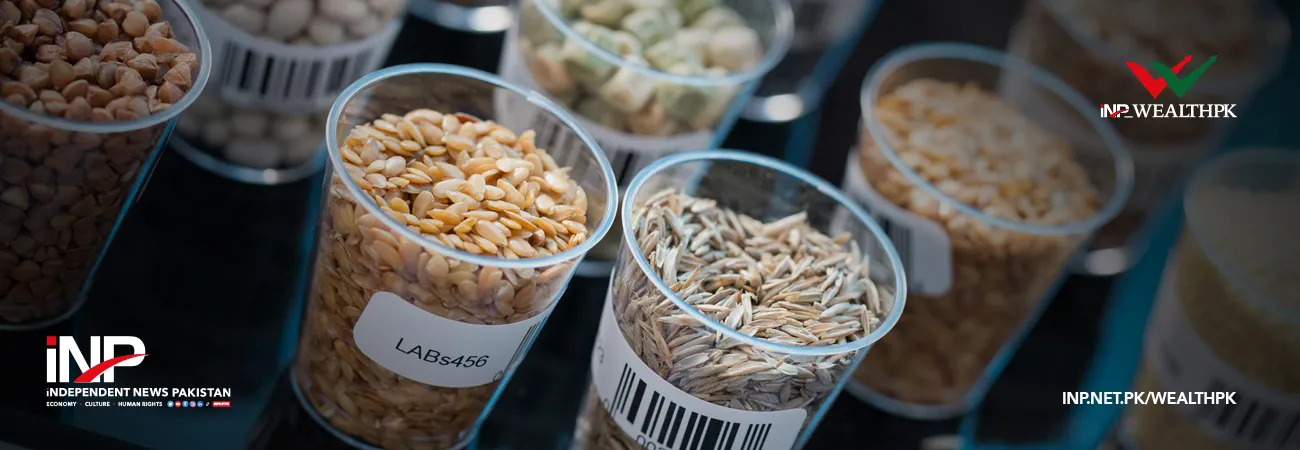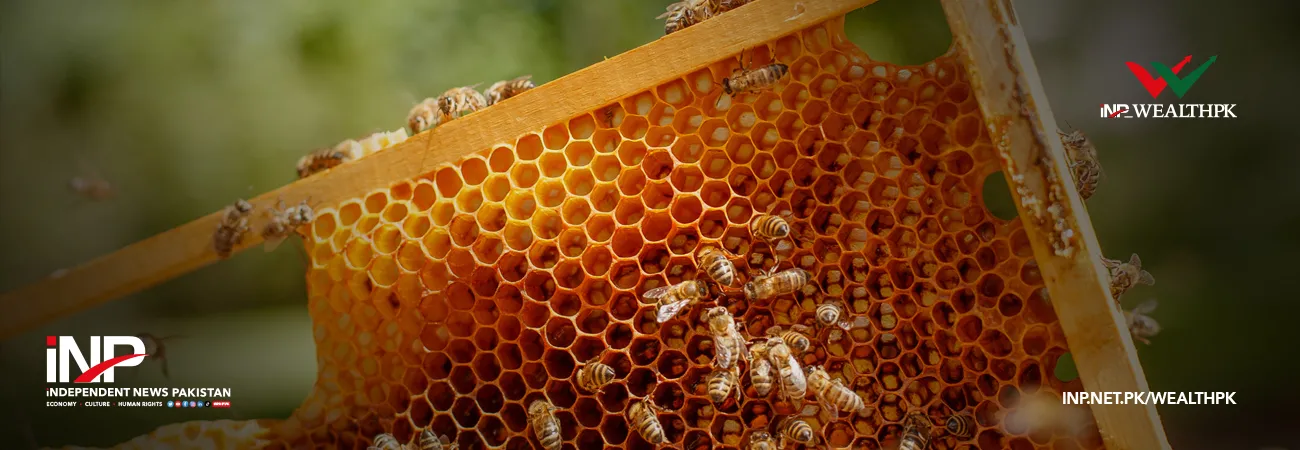INP-WealthPk
European Union Ambassador Dr Riina Kionka has said that Pakistan will need to show progress on the implementation and legislation of various laws and conventions necessary for availing Generalised System of Preferences (GSP Plus) status.
The present scheme is going to be reviewed in December next year and some more conventions relating to human and labour rights would be added to the existing conventions list, she said in a meeting with senior leaders of the All Pakistan Textile Mills Association (APTMA).
Dr Riina Kionka had called on the APTMA’s leadership to discuss progress on the external sector developments related to the GSP Plus facility.
She asked the business community in general and the exporters in particular to adopt immediate measures for the implementation of the requisite conventions. She urged businessmen to engage with the government on human and labour rights in order to facilitate the extension of GSP Plus for another 10 years, beyond December 2023.
She appreciated the textile industry for complying with sustainability issues, saying that it was high on the list of the EU against applications for the revival of the facility.
APTMA Senior Vice Chairman Kamran Arshad said that the EU is Pakistan’s largest trading partner and the GSP Plus facility has enabled the textile industry to compete in the region. It has also enabled Pakistan to export 78% of its four products duty-free to the EU and eventually enhance its share by 65% from 2013 to 2019, which has led to more employment, investment and technology upgrading besides encouraging foreign investment.
The GSP facility has played a significant role in Pakistan’s goal of achieving a green future with zero carbon emissions, he said, adding that several textile companies are expected to achieve zero net carbon emissions by 2050.
Further diversification of Pakistan’s exports can reap more benefits from the GSP Plus facility until economic stability is achieved, Kamran said.
He believed that the withdrawal of the GSP Plus would plummet Pakistan’s exports, besides removing its edge and competitiveness over its competitors. The industry will suffer losses of not less than one trillion rupees per annum and will also be exposed to massive unemployment, large-scale closure of mills and an increase in poverty.
Furthermore, he said, it will have a domino effect on the banking sector as more than 40% of bank loans are obtained by the textile sector. Real estate, goods transport and allied industries will suffer adversely, causing massive unrest and a severe setback to a series of initiatives relating to the environment, human, labour and gender rights, anti-corruption, narcotics control, etc, he added.
APTMA Vice Chairman Asad Shafi told the EU ambassador that the textile industry has imported textile machinery from the EU member countries under its expansion plan worth billions of dollars. He hoped that the GSP Plus facility would be extended in the future to help Pakistan in poverty alleviation, and the improvement of take-home salaries of workers due to the enhancement of their skills.
Credit : Independent News Pakistan-WealthPk













